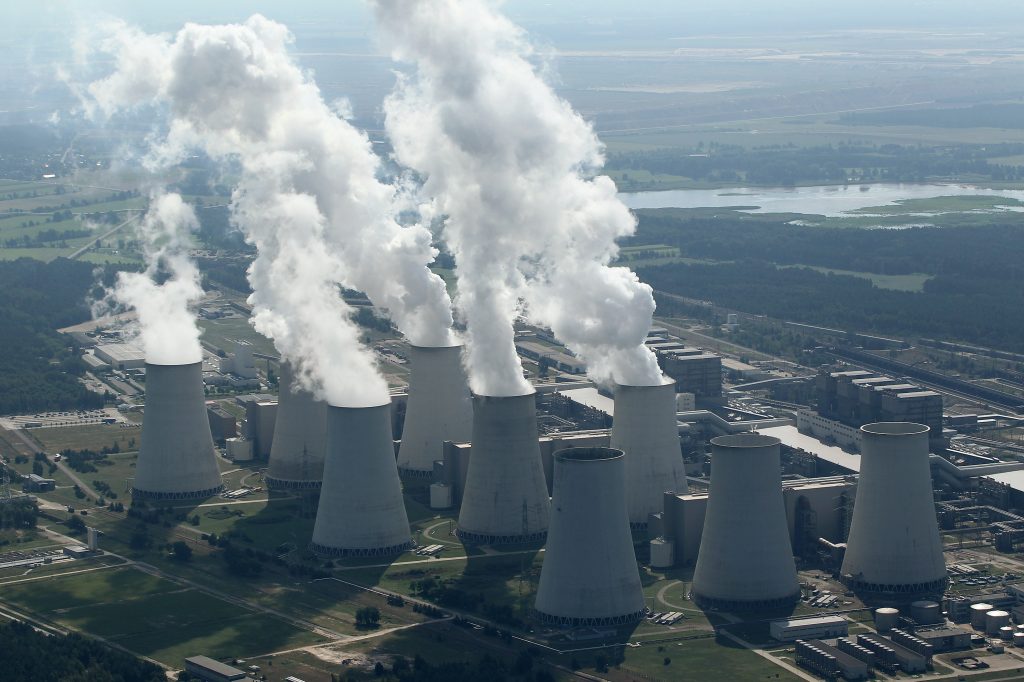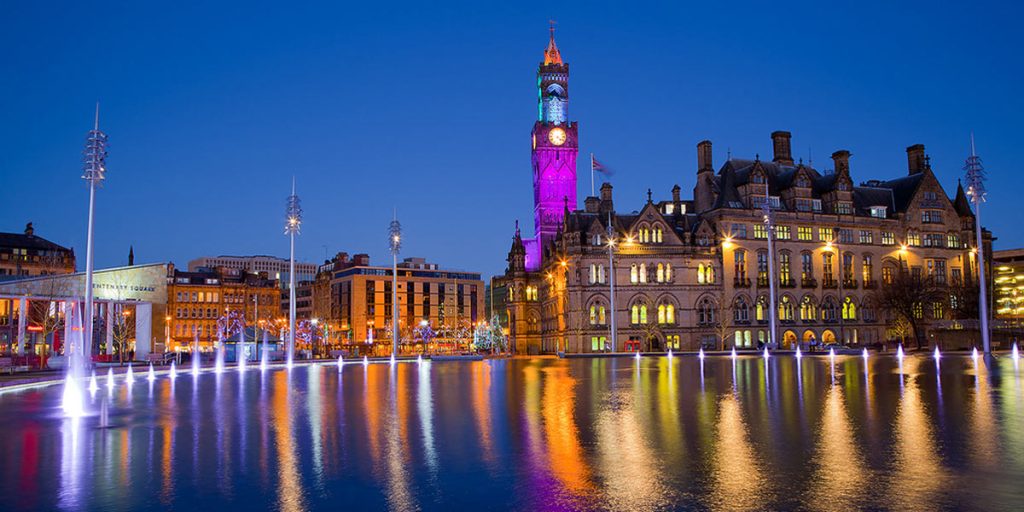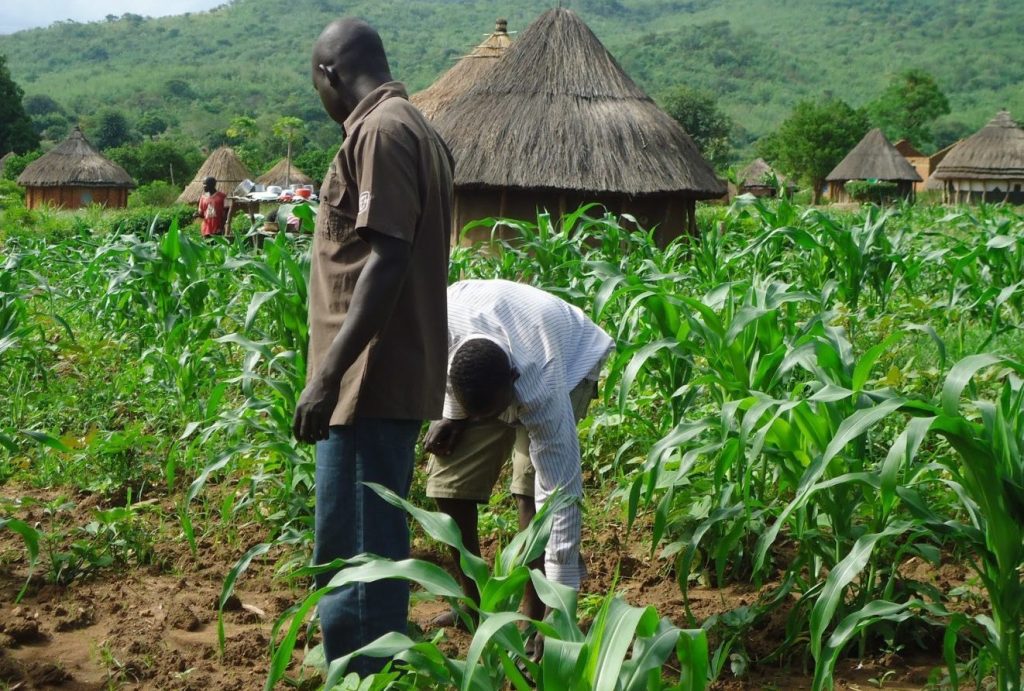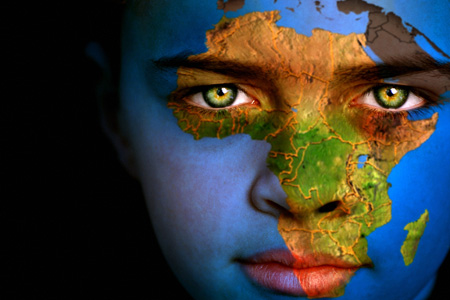– Claims Made by Climate Change Skeptics—and How to Respond
Culled from Rainforest Alliance
It’s hard to believe, but apparently more than a few climate change deniers still roam our ever-heating planet. According to a recent study in the esteemed science journal PLOS, people systematically understate their disbelief in human-caused climate change when answering surveys, so skepticism is more prevalent than many of us realize.
Given the urgency of the climate crisis, it’s crucial that we all do our part to educate any doubters we might encounter. That’s why the Rainforest Alliance has compiled six arguments commonly made by climate change deniers, along with science-backed responses you can deploy to convince them of the truth: that climate change is real, accelerating, and that we need to take bold action ASAP.
1. Climate change denier claim: “This is the coldest winter we’ve had in years! So much for global warming.”
There’s a difference between climate and weather: Weather fluctuates day in, day out, whereas climate refers to long term trends—and the overall trend is clearly and indisputably a warming one. While the impacts of climate change have only just begun to hit the Global North, farmers in the tropics have been contending with impacts—from droughts to floods to a proliferation of crop-destroying pests—for years. That’s why the Rainforest Alliance works with farmers to take a climate-smart approach. That means first assessing a farm’s particular climate risks, taking the crop and local ecosystem into account, then finding the right combination of tools to manage the farms climate challenges. That’s what makes climate-smart agriculture “smart.”
2. “Climate change is natural and normal—it’s happened at other points in history.”
It’s true that there have been periods of global warming and cooling—also related to spikes and lulls in greenhouse gases—during the Earth’s long history. But those historic increases in CO2 should be a warning to us: They led to serious environmental disruptions, including mass extinctions. Today, humans are emitting greenhouse gases at a far higher rate than any previous increase in history. (Before you collapse into a puddle of despair, however, find out about our work to promote natural climate solutions, like community forestry and regenerative agriculture.)
3. “There’s no consensus among scientists that climate change is real.”
Wrong. There is nearly 100 percent agreement among scientists. Moreover, the UN’s Intergovernmental Panel on Climate Change (IPCC) says that global warming is accelerating, and will reach 1.C above pre-Industrial levels around 2030—a full decade earlier than previously forecast.
4. “Plants and animals can adapt.”
Wrong again. Because human-caused climate change is happening so rapidly, species simply don’t have time to adapt. Frogs tell the story best: With their semi-permeable skin, unprotected eggs, and reliance on external temperatures to regulate their own, they are often among the first species to die off when ecosystems tip out of balance—and they’re dying off in droves. The Rainforest Alliance chose a frog as its mascot more than 30 years ago precisely because it’s a bio-indicator: A healthy frog population signals a healthy ecosystem, which is what we’ve been working to promote—along with thriving communities—since 1987.
5. “Climate change is good for us.”
It’s hard to even know where to begin to address this statement by climate change deniers, especially when you think about the human cost of a warming planet. The evidence points to a clear link between climate change and a surge in modern slavery: When crop failures, drought, floods, or fires wipe out livelihoods and homes, people migrate in the hopes of improving their lot—but can find themselves vulnerable to human trafficking and forced labor and other human rights abuses. And the overall economic cost is staggering: The global economy could lose $23 trillion to climate change by 2050.
6. “OK, maybe climate change is real, but there’s nothing to be done—it’s too late.”
It’s true that we don’t have a moment to waste, but it’s not too late. If governments, business, and individuals begin taking drastic action now, we can keep warming within the 1.5C target set by the Paris Agreement. What can you do to make sure that happens? A lot. Here are actions you can take—both to make your daily life more sustainable and to push governments and companies to act—to secure a better future.









